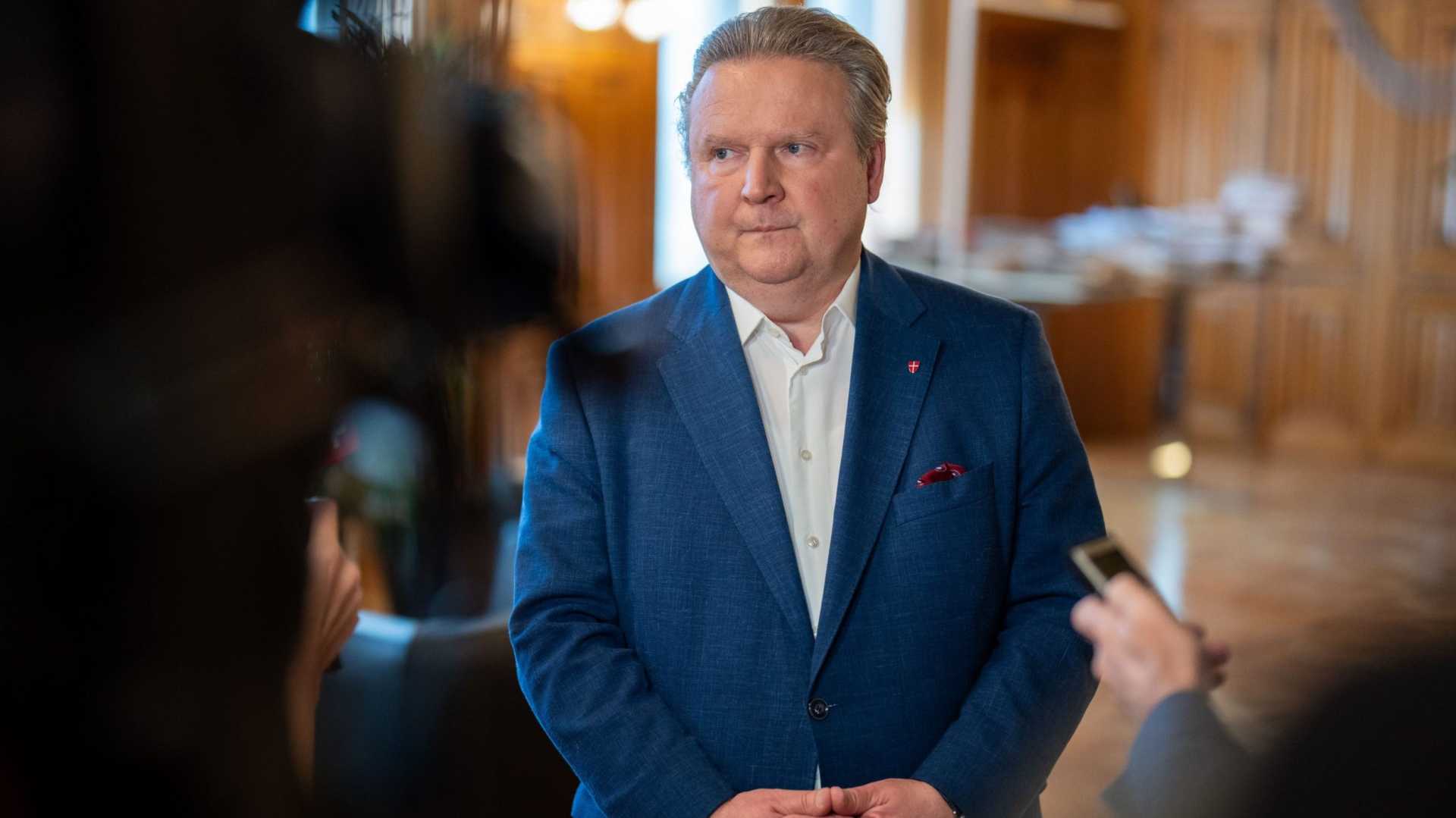Politics
Austrian Mayor Warns Against FPÖ Leader as Coalition Talks Collapse

VIENNA, Austria — Vienna Mayor Michael Ludwig (SPÖ) has issued a stark warning against FPÖ leader Herbert Kickl, describing him as a “security risk” and urging a return to coalition talks with the ÖVP and NEOS. Ludwig’s comments came in a series of interviews and a Facebook post on Friday, as Austria faces a political crossroads following the collapse of negotiations for a three-party coalition.
Ludwig emphasized the need for a government that is “socially just, economically competitive, and socially liberal” to address the country’s challenges. However, the ÖVP and NEOS swiftly rejected his call for renewed talks, signaling a deepening political divide. The mayor’s remarks echoed those of former ÖVP Chancellor Sebastian Kurz, who had previously labeled Kickl a security threat.
The breakdown of coalition talks has left Austria in uncharted territory, with the possibility of a government led by the far-right FPÖ for the first time in the nation’s history. Ludwig expressed concern over what he described as a premeditated shift toward a FPÖ-ÖVP coalition, citing similar patterns in regional politics. “There is a certain script that has already played out in federal states: fierce election campaigns, hard-fought content disputes, and personal conflicts between the ÖVP and FPÖ,” Ludwig told the Austrian newspaper Der Standard.
Ludwig also criticized the FPÖ’s ideological stance, calling it a “far-right party” and highlighting Kickl’s self-proclaimed radicalism. Despite the political turmoil, Ludwig reaffirmed his support for SPÖ leader Andreas Babler and dismissed internal party disputes. He also praised the cooperation between the SPÖ and NEOS in Vienna, where the two parties form a “progress coalition.”
The FPÖ, however, dismissed Ludwig’s warnings as a distraction from the SPÖ’s own policy failures. FPÖ Vienna leader Dominik Nepp accused Ludwig of favoring certain groups over hardworking citizens, further escalating tensions between the parties.
As Austria grapples with its political future, Ludwig remains optimistic about Vienna’s role as an economic powerhouse. “Every federal government would be well advised to maintain good relations with Vienna,” he said. However, he warned that a Kickl-led government could harm Austria’s tourism industry and international reputation.
The political deadlock has raised concerns among business leaders, with Kari Ochsner, head of the Lower Austrian Industrial Association, cautioning against isolationist policies. “A fortress Austria is complete nonsense and not feasible,” Ochsner told Profil magazine. He stressed the importance of addressing climate change and maintaining a pro-European stance, regardless of the political landscape.
With no clear path forward, Austria’s political future remains uncertain. The coming weeks will determine whether the country can avoid a far-right-led government or if it will mark a historic shift in its political trajectory.












